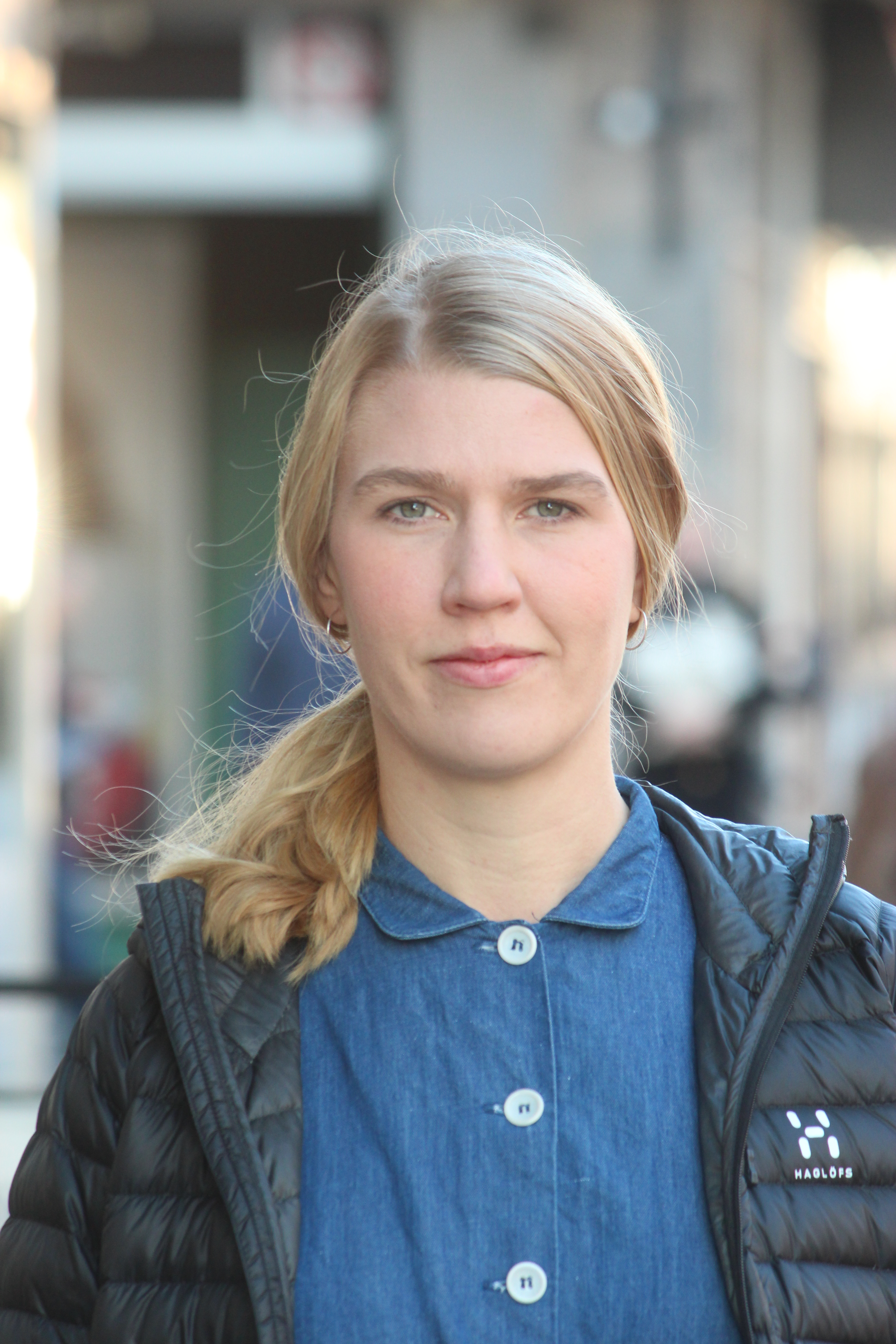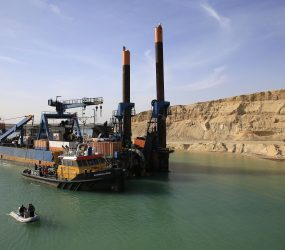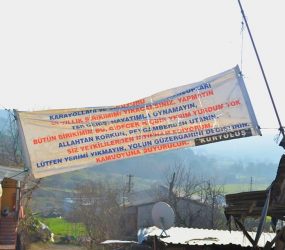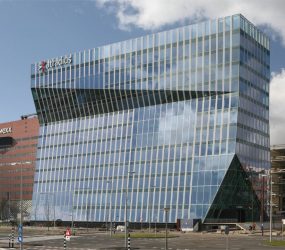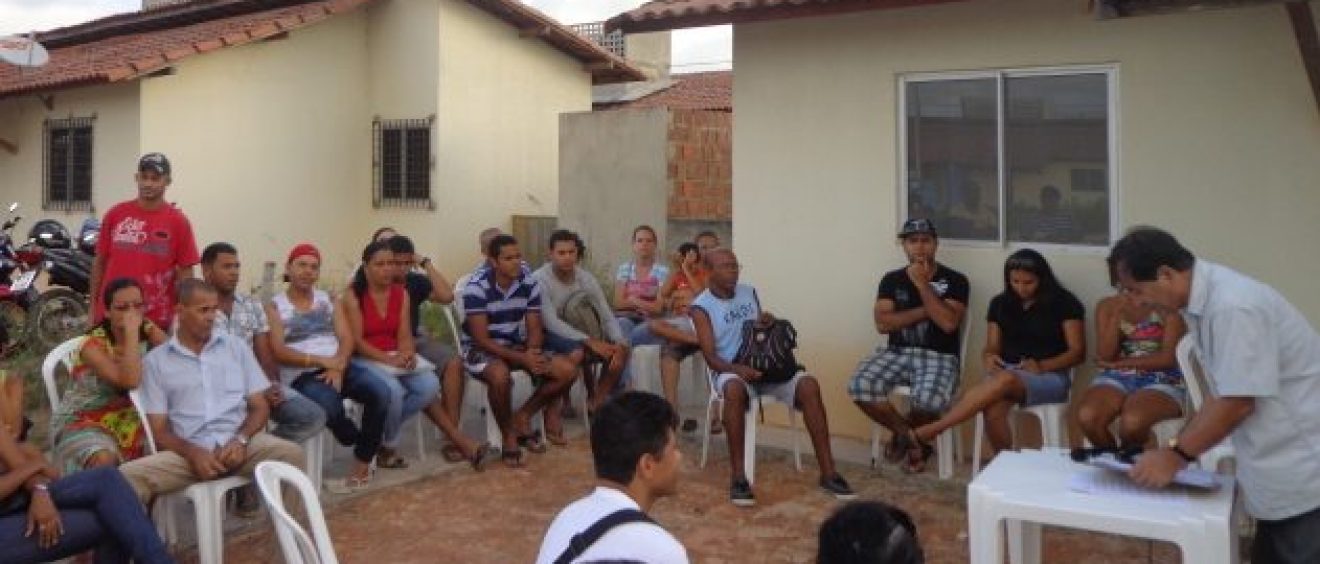
Export credit agencies’ role in development finance
Few people in the coastal fishing communities of northeastern Brazil may know what an export credit agency (ECA) is, but they know better than anyone what the impact of its decisions can look like. As the largest source of public support for the financing of infrastructure projects in developing countries, ECAs play a key role in facilitating global capital flows. On behalf of national governments, ECAs offer insurance, guarantees or credit to domestic companies to cover their financial risks of doing business abroad. Unfortunately, ECAs often underwrite projects that are opposed by locally affected people, and associated with human rights violations and environmental harm. The Brazilian fisherpeople whose livelihoods and way of life were devastated by the Port of Suape expansion project know all too well the story behind ECAs.
ATRADIUS DSB, THE DUTCH ECA
Both ENDS has worked for decades to draw attention to the pivotal role and responsibility of export credit agencies, in particular the Netherlands’ own Atradius Dutch State Business (DSB). We cooperate with partners and local communities in developing countries to monitor the impact of projects supported by Atradius DSB. We engage in lobbying and advocacy toward decision makers, providing concrete recommendations to re-orient Atradius’s policies and practices and ensure that public finance contributes to inclusive, sustainable development.
Despite the centrality of export credit agencies within the complicated web of global development finance, few organisations have much experience with them. In 2018, Both ENDS invested in strengthening cooperation among organisations working on export credit agencies, connecting with colleagues in amongst others Sweden, the United States, Canada, France, South Korea, the United Kingdom and the Czech Republic. Throughout the year, an informal international working group laid the groundwork for more strategic, global collaboration focused on stopping ECA support of fossil fuels, and improving their record on human rights and the environment in general. ECAs are an important, if little known, piece of the fossil fuel finance puzzle. In an analysis of Atradius DSB’s transactions from 2012-2015, Both ENDS found that Atradius provided insurance worth €7.3 billion to projects linked to the fossil fuel sector. The sum amounted to two thirds of the total value of insurance provided.
NEW COMPLAINT MECHANISM
Whether a project involves fossil fuels or not, it goes without saying that local communities should have a say in plans that affect them. As with the fishing communities affected by the Port of Suape, however, things often go wrong from the start. It is critical that ECAs have policies and processes in place to ensure that human rights, and social and environmental standards are respected. Both ENDS has engaged in a long-term dialogue with Atradius DSB, providing recommendations and feedback on relevant policies, including new policies on corporate social responsibility, information disclosure and, in 2018, a policy and process for handling complaints. Both ENDS will continue to monitor Atradius DSB to ensure that the export credit agency’s practice matches its policy. Monitoring the new complaint mechanism is just one of the many tasks ahead.

